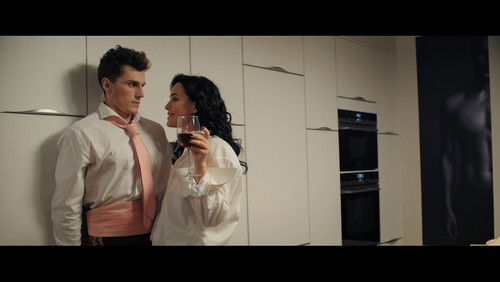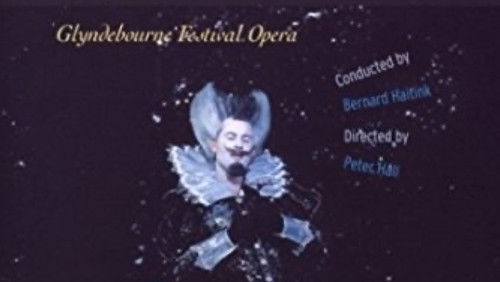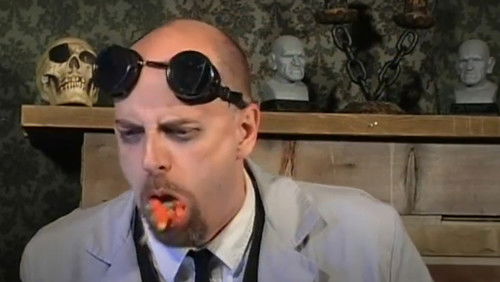Sein oder Nichtsein (1942)
34KSein oder Nichtsein: Directed by Ernst Lubitsch. With Carole Lombard, Jack Benny, Robert Stack, Felix Bressart. During the Nazi occupation of Poland, an acting troupe becomes embroiled in a Polish soldier’s efforts to track down a German spy.
“There is a famous review of this film by the late Sunday Times critic, Dilys Powell which begins u0026#39;Is the joke funny?u0026#39;… what Miss Powell was getting at was that, given the horror of the Holocaust, it is appropriate to laugh at the Nazis. The answer is, ultimately, irrelevant to the viewing of this modest masterpiece.u003cbr/u003eu003cbr/u003eLubitsch was, by this time, coming to the end of an exquisite career that defined the nature of sophistication in u0026#39;lightu0026#39; cinema. u0026#39;To Be or Not To Beu0026#39; skips lightly over all of the minefield of a subject like this and it is difficult or impossible to think of any other filmmaker who might have managed it (if you look at Mel Brooksu0026#39; limp remake, you can see why).u003cbr/u003eu003cbr/u003eIn 1996, I presented a massive season of u0026#39;the greatestu0026#39; films in Belfast for the centenary of cinema – 250 titles in 9 months. Of all of them, this was the film which got the greatest ovation – about 5 minutes with a nearly full house standing and applauding! They may have applauded for many reasons, but here are certainly some of them…u003cbr/u003eu003cbr/u003eThe very complicated narrative is presented virtually flawlessly and the comedy is never allowed to hold up the narrative. The principle actors – Carole Lombard (breathtakingly beautiful) and Jack Benny in particular, but many of the supporting cast as well – throw themselves into the affair with a gusto that is completely infectious. Apart from the satirical aspect of the story and the way in which Hitler and the Nazis are mercilessly ridiculed for their authoritarianism and the fear which is their only motivator, the film pokes gentle fun at the vanity of actors in a warm and happy manner. Finally, and most important, is the notion of farce. Farce rarely works in the cinema, but here it does, and in the grand manner – just look at how many times the situation regarding Professor Siletsky changes profoundly during the film – it is dizzying – yet the characters manage to come up with (often self-defeating or inappropriate) schemes on every occasion.u003cbr/u003eu003cbr/u003eThis is a wonderful work that, I have no hesitation in saying, is absolutely vital for anyone who wants to really understand the glory of the cinema. But to answer Dilys Powellu0026#39;s question… yes, the joke is deliriously funny.”









